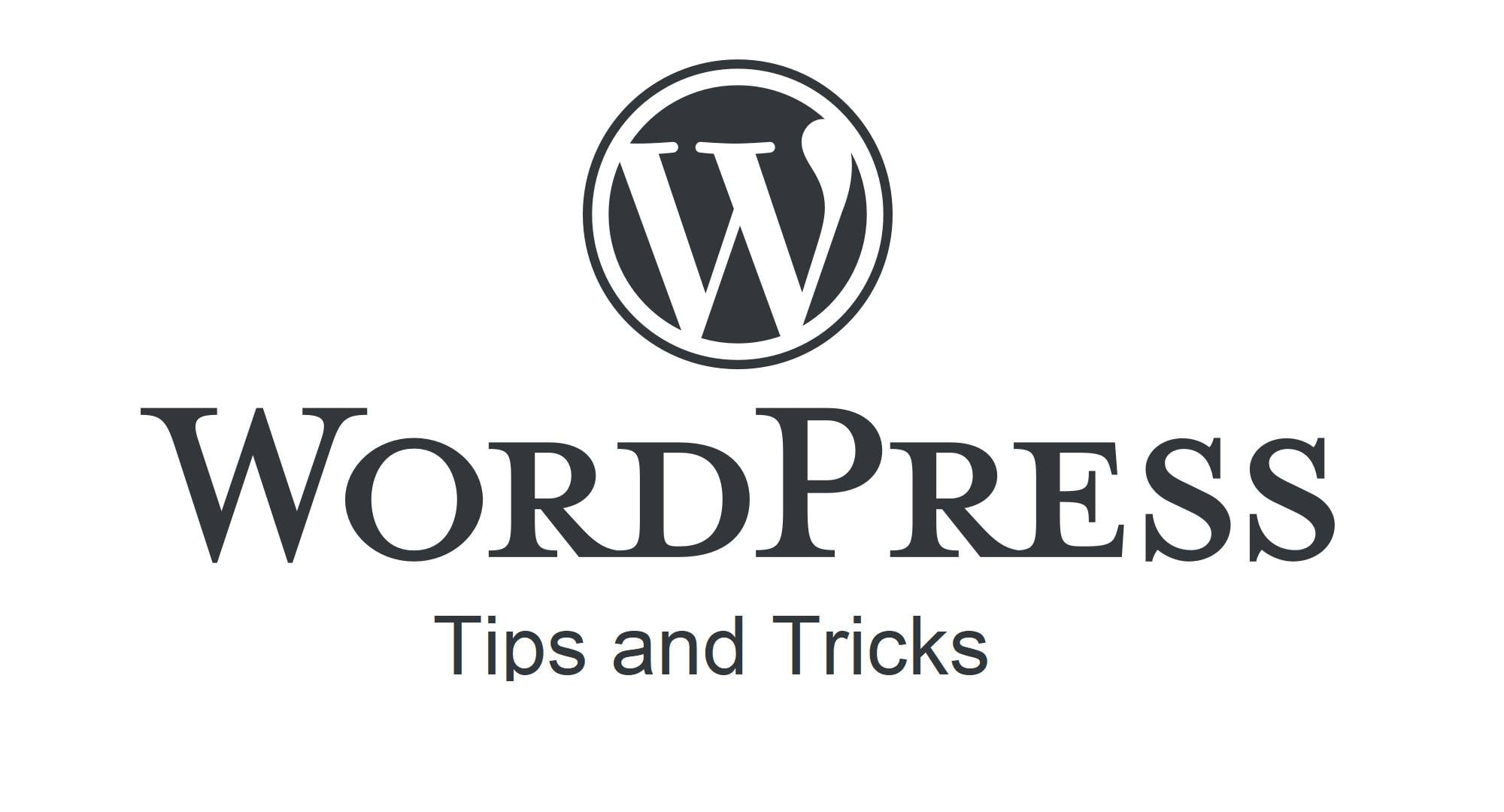Optimizing your WordPress website for SEO is one of the most important tasks you can undertake to drive traffic to your website. SEO (Search Engine Optimization) is the process of optimizing a website to make it as visible as possible to search engines such as Google. This process involves many different aspects, from the structure of the site to its content and presence on the web.
Below are a number of points that should be checked on a WordPress website for good SEO optimization:
1. URL structure and quality
The page URL should be clear, easy to understand and well organized. It should also include keywords that are relevant to the content of the page. There are many plugins that can help with URL optimization, but most of them are integrated with WordPress itself. For example, you can configure permalink settings in WordPress to create an SEO-friendly URL structure.
// W pliku functions.php twojego motywu
function custom_permalink_structure() {
global $wp_rewrite;
$wp_rewrite->set_permalink_structure('/%category%/%postname%/');
}
add_action('init', 'custom_permalink_structure');2. Optimization of page titles and meta descriptions
Page titles and meta descriptions are some of the most important elements of SEO. They should contain relevant keywords and encourage users to click on the page. Plugins like Yoast SEO or All in One SEO Pack can help you manage and optimize these elements.
// In your theme's functions.php file function add_custom_meta_description() { if(is_single()) { $meta = get_post_custom(get_the_ID()); echo ' '; } } add_action('wp_head', 'add_custom_meta_description');3. Use H1, H2, H3, etc. headings
The structure of the headers on the page is very important for SEO. Headings should be used to represent the hierarchy of content on the page, as well as to indicate topics and keywords. WordPress automatically adds headings to your content, but we can further optimize this by using HTML labels correctly.
4. Image optimization
On-page images can be a powerful SEO tool, but only when properly optimized. This includes adding alt tags, optimizing file size, and using keywords in file names. Plugins like Smush whether ShortPixel can help you optimize your images.
// In your theme's functions.php file function add_custom_alt_tags($content) { global $post; $pattern = '/![]() /and'; $replacement = '
/and'; $replacement = ' ![]() ID) .'"$4> '; $content = preg_replace($pattern, $replacement, $content); return $content; } add_filter('the_content', 'add_custom_alt_tags');
ID) .'"$4> '; $content = preg_replace($pattern, $replacement, $content); return $content; } add_filter('the_content', 'add_custom_alt_tags');5. Use of internal and external links
Internal and external links are important for SEO as they help determine the structure and hierarchy of a page and also increase its credibility. WordPress makes it easy to add links to your content, but it's important to use them strategically.
6. Page loading speed
Page loading speed has a big impact on SEO. Search engines like Google prefer pages that load quickly, and users often leave pages that load slowly. Plugins such as W3 Total Cache whether Autoptimize can help increase page loading speed.
7. Implementation of structured data (schema markup)
Structured data is an advanced aspect of SEO that allows search engines to better understand the content on the page. Plugins like Scheme Pro whether All In One Schema Rich Snippets can help you easily implement structured data on your WordPress website.
8. Website responsiveness
Nowadays, more and more people use mobile devices to browse the Internet, which is why websites should be responsive, i.e. adapted to be displayed on different devices. WordPress offers many responsive themes, and in addition we can use plugins such as WPtouch.
9. Securing the website by SSL
Google prefers sites that use HTTPS, which is secure and encrypted. In WordPress, we can make use of plugins such as Really Simple SSLto install an SSL certificate and switch to HTTPS.
10. Regular website updates and maintenance
Regular updates of the website, its content and plugins, as well as regular monitoring and maintenance of the website are important for maintaining good SEO optimization. WordPress offers easy updates and plugins like UpdraftPlus can help you back up your site regularly.
In conclusion, optimizing a WordPress website for SEO is a process that involves many different aspects. This requires both technical knowledge and strategic thinking. However, with the right tools and strategies, SEO optimization can lead to a significant increase in website traffic and improved visibility in search results.

